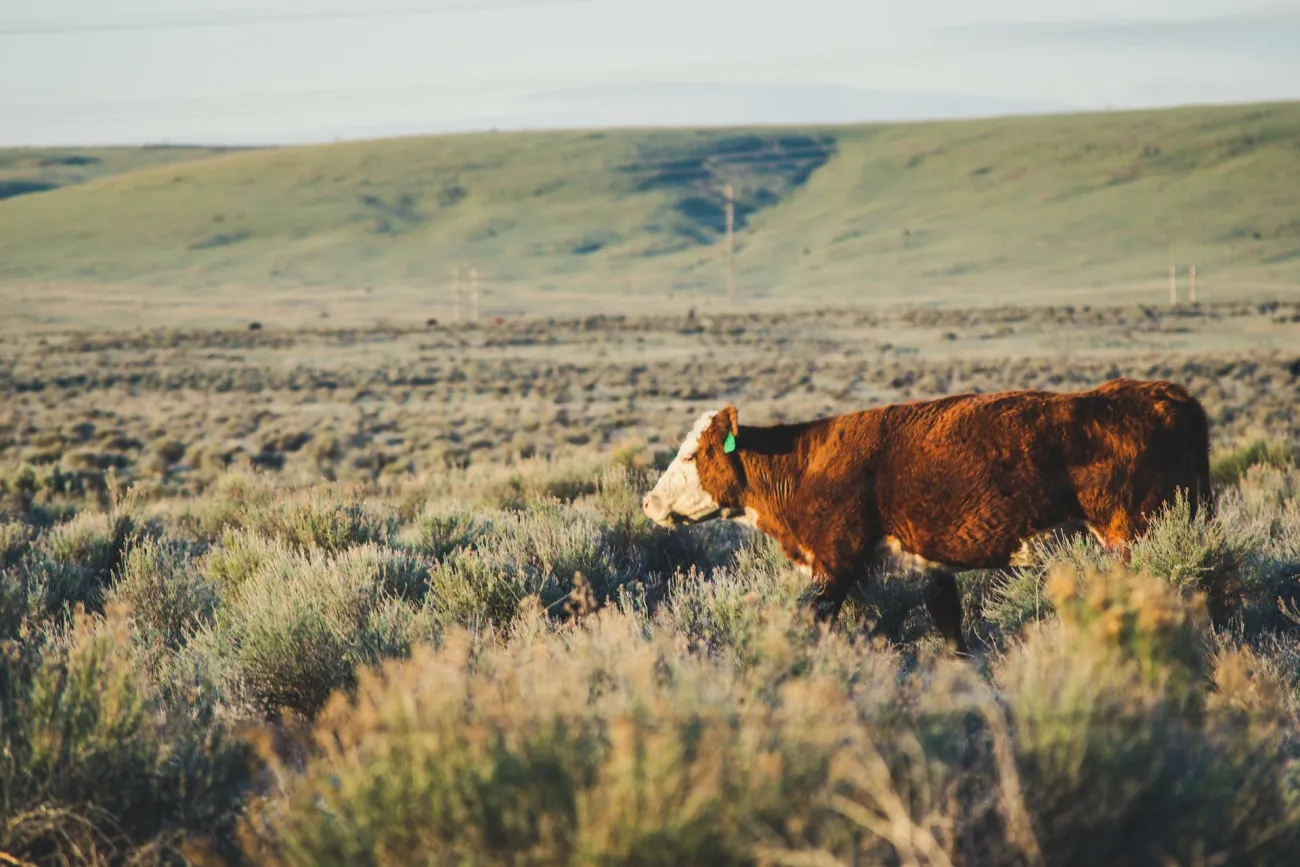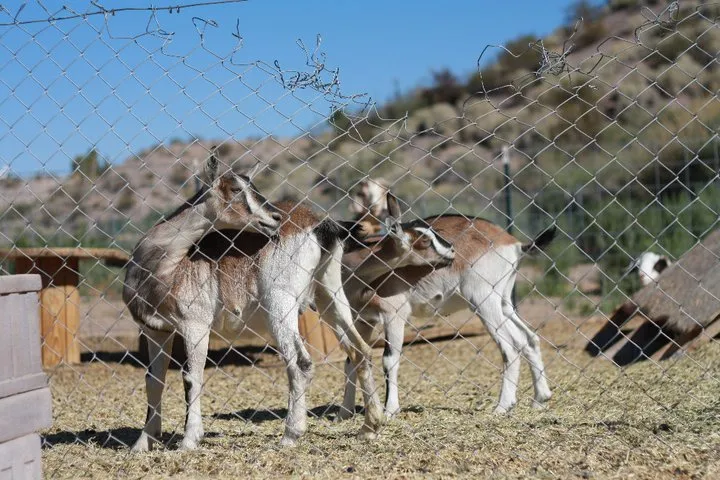This new paper by Chatham House reports on a 12-country survey undertaken into public understanding of the links between livestock and climate change. Livestock – Climate Change’s Forgotten Sector - Global Public Opinion on Meat and Dairy Consumption finds a major lack of awareness of the meat and dairy sector’s contribution to climate change.

This large 12 country survey (covering Europe, the Americas, Asia and Africa) was commissioned by Chatham House and undertaken by Ipsos MORI. It finds that over twice as many respondents identified large emissions from global transport as a major contributor to climate change, as did those identifying meat and dairy production as contributers, despite the fact that the two sectors contribute to global emissions in approximately equal amounts.
The survey also found that consumers with a higher level of awareness of greenhouse gases associated with production were more likely to indicate willingness to reduce their meat and dairy consumption for climate objectives. The papers conclude that closing this awareness gap is likely to be an important precondition for behaviour change. The authors state: “Addressing dietary trends has to be part of an international strategy to reduce emissions".
Key points from the report as follows:
Consumption of meat and dairy produce is a major driver of climate change.
• Greenhouse gas emissions from the livestock sector are estimated to account for 14.5 per cent of
the global total, more than direct emissions from the transport sector.
• Even with ambitious supply-side action to reduce the emissions intensity of livestock production,
rising global demand for meat and dairy produce means emissions will continue to rise.
Shifting global demand for meat and dairy produce is central to achieving climate goals.
• Recent analyses have shown that it is unlikely global temperature rises can be kept below two
degrees Celsius without a shift in global meat and dairy consumption.
• Reducing demand for animal products could also significantly reduce mitigation costs in nonagricultural sectors by increasing their available carbon budget.
However, there is a striking paucity of efforts to reduce consumption of meat and dairy products.
• A number of factors, not least fear of backlash, have made governments and environmental
groups reluctant to pursue policies or campaigns to shift consumer behaviour.
• The lack of attention afforded to the issue among policy-makers and opinion-formers
contributes to a lack of research on how best to reduce meat and dairy consumption.
• As a first step in addressing this lack of research, Ipsos MORI was commissioned by Chatham
House to undertake the first multi-country, multilingual online survey specifically to explore
public attitudes on the relationship between meat/dairy consumption and climate change.
The data presented in this paper reveal a major awareness gap about livestock’s contribution to climate change.
• Compared with other sectors, recognition of the livestock sector as a significant contributor to
climate change is markedly low.
• Consumers with a higher level of awareness were more likely to indicate willingness to reduce
their meat and dairy consumption for climate objectives. Closing the awareness gap is therefore
likely to be an important precondition for behaviour change.
• Those actors most trusted to inform consumers on the links between livestock and climate
change are generally ‘experts’ and environmental groups, though important differences exist
between countries.
Climate change is not currently a primary consideration in food choices.
• Climate change is generally secondary to immediate considerations of taste, price, health and
food safety in shaping food choices.
• This has important implications for the design of strategies to moderate meat and dairy
consumption: those that emphasize co-benefits (e.g. for health and expenditure) and do not
require consumers to compromise on enjoyment are likely to be more successful.
Some of the greatest potential for behaviour change appears to lie in emerging economies.
• Respondents to the online survey in Brazil, China and India demonstrated high levels of
acceptance of anthropogenic climate change, greater consideration of climate change when
choosing meat and dairy, and a greater willingness to modify their consumption behaviour than
the average of the countries assessed.
• This is encouraging as these countries are among the most important for future demand for
meat and dairy products.
The survey is part of a project being undertaken in conjunction with the Glasgow Media Group, focusing on public awareness and understanding on livestock and climate change in China, Brazil, the UK and the US. The project’s findings are expected to be published mid-2015. The project is funded by the Avatar Alliance Foundation, Susan and Craig McCaw Foundation, and Heidi Bassett Blair and Chris Blair.
You can read the research paper here. An expert comment on the paper from author Rob Bailey can be found here.
You can also find many resources related to the sustainability of meat and dairy on our website. Look in our research library for resources related to livestock emissions in the meat category or the category on dairy. Or search the website by keywords “meat + dairy + GHGs”, the results can be found here. The FCRN has also collected resources on sustainable healthy diets which you can find here.




Comments (0)